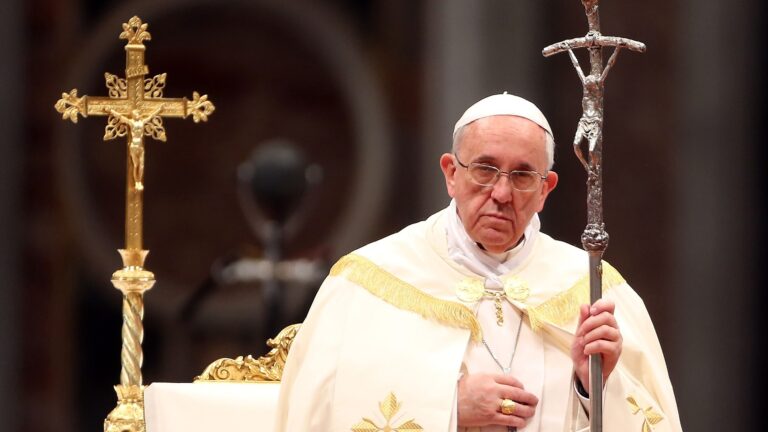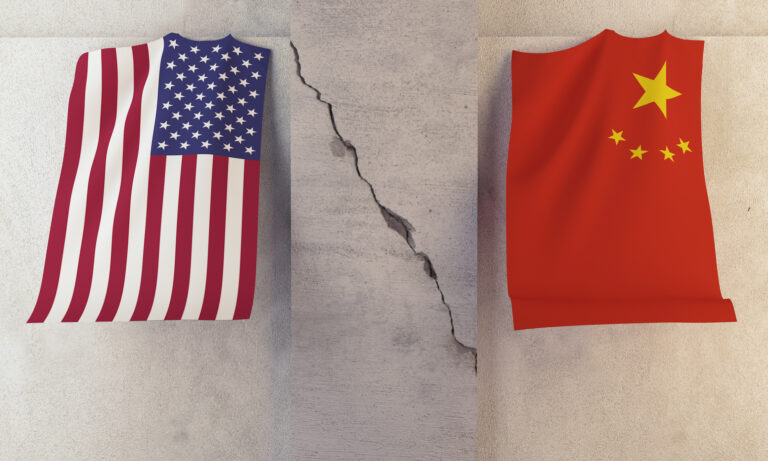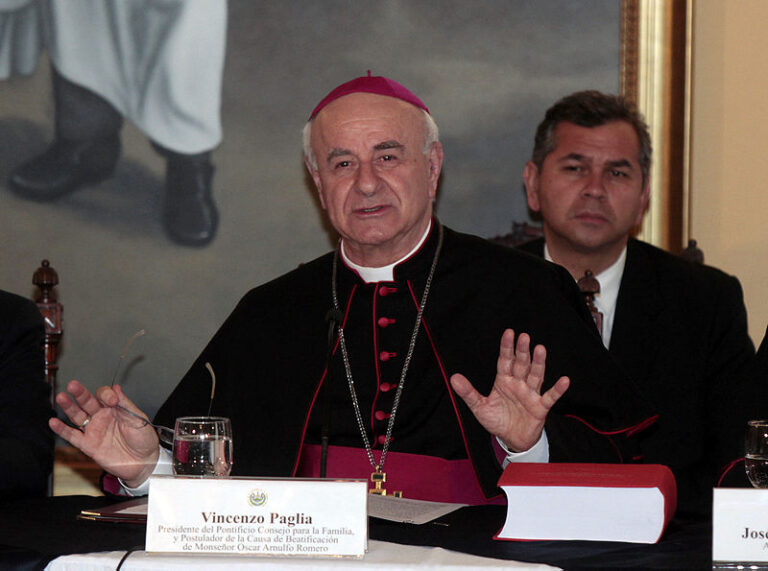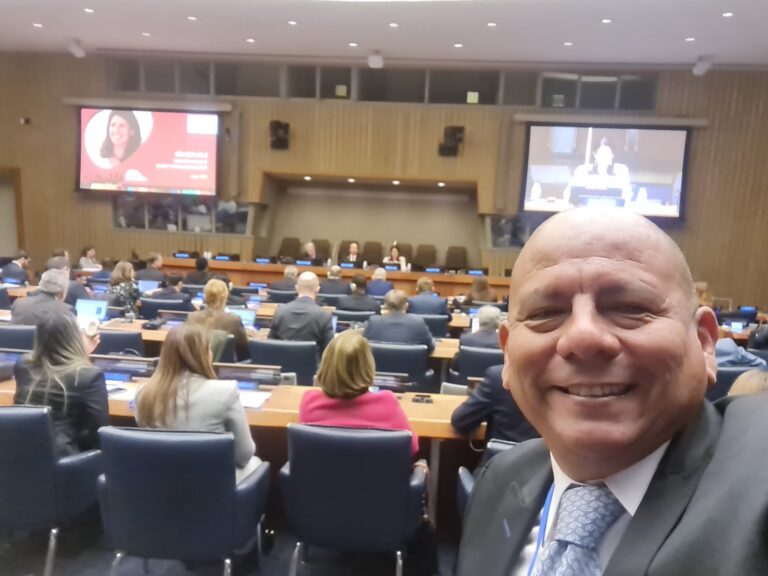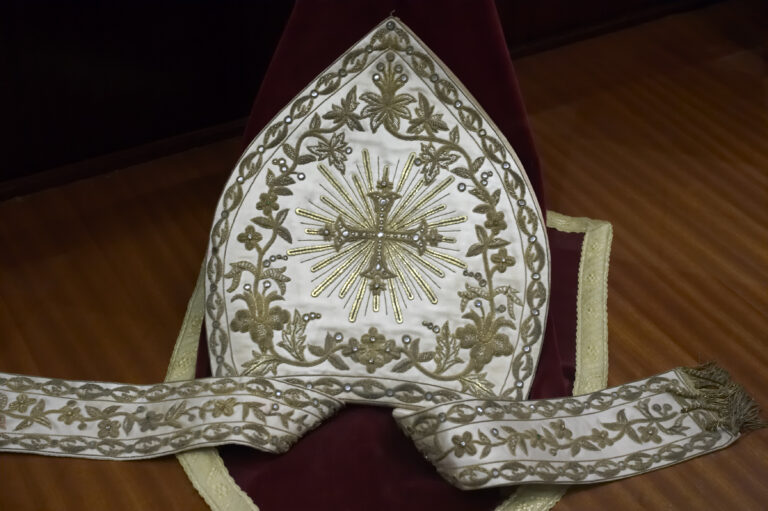Chinese Politics in the Hu Jintao Era
by Willy Wo-lap Lam (Armonk, NY: M.E. Sharpe, 2007), 359 pp., $29.95
Reviewed by Steven W. Mosher
“Who is the President of China?” the late-night talk show hosts joked with their audiences when a Communist cadre by the name of Hu Jintao vaulted into the presidency of China in 2003.
“Hu is the President.”
“That’s what I want to know. Who?”
But behind the banter lurks a serious question. Just who is this mysterious figure Hu Jintao anyway? Is he the kind-hearted Confucianist technocrat portrayed in the official Chinese press? Or is he a hard-line Communist cadre who once donned a military helmet and riot gear for a “crush-the- rebellion” campaign in Tibet in March 1989 that set the stage for the Tiananmen Massacre a couple of months later?
Hu’s Meteoric Rise
Veteran sinologist Willy Lam, in his insightful new book, traces Hu’s meteoric rise in the ranks to that pivotal moment in Lhasa. The 48-year-old cadre was then serving as Communist Party boss cum political commissar of the Tibet People’s Armed Police (PAP) District. When anti-Han Chinese and anti-Communist demonstrations broke out in the spring of 1989, Hu ordered the police and the military to restore order. More than sixty Tibetians were killed, and countless more wounded, in the bloody suppression that followed.
The brutal way that Hu Jintao crushed the “rebellion” so impressed Deng Xiaoping, Lam reports, that it became “a model for the Chinese Communist Party (CCP) leadership’s even more ruthless crackdown on the democracy movement in Beijing and other cities a few months later.” As for Hu himself he had shown Deng that he was “tough with both fists.” The Party elder insisted that this newly discovered “big talent” he made a member of the Politburo Standing committee in late 1992. Hu had taken a “helicopter ride to the top,” as the Chinese say, a ride purchased in the coin of corpses.
Virtually overnight, he had become then-Party chief Jiang Zemin’s heir apparent. Lam reports that he kept a low profile, was careful to offend no one, deferred not just to Jiang but to others in senior positions and, in so doing, avoided making mistakes. In this way he survived for more than a decade as the “core” of the next generation of leadership amidst the most Machiavellian and Byzantine politics in the world.
The formal transfer of power to Hu Jintao and other members of the “fourth generation” of leadership that occurred in 2003 inevitably gave rise to speculation that he may prove a Chinese Gorbachev, open to radical economic and political reform. The record of his first three years, laid out in insightful detail by Lam, is anything but encouraging in this regard. He seems instead to be another Jiang Zemin, a relatively lackluster, authoritarian-minded bureaucrat, who will devote himself chiefly to securing his own position and that of the Chinese Communist Party. Lam concludes that “despite his moderate… persona, Hu is a quintessential Marxist and CCP cadre who is convinced that he owes it to the party to do all he can to ensure the survival and viability of its dogma, and especially, the CCP’s ruling status.”
Reform Opening
Hu and his colleagues favor what Deng Xiaoping called “reform and opening” — running China’s economy largely according to market principles, rationalizing methods of social control, opening the country to Western trade and investment, and working to expand China’s hard and soft power abroad. Hu, like Deng before him, understands the current openness to the West as an effort to enlist foreigners to provide the means for the restoration of China’s greatness. He feeds freely on whatever theory or idea seems to him the most practical way to make China a strong and respected nation, but only so long as it does not compromise Communist Party rule.
Lam documents in discouraging detail the recent and tough measures that Hu has adopted to rein in liberal, “pro-Western” intellectuals and journalists in China, as well as his efforts to clamp down on non-governmental organizations (NGOs), particularly those with ties to the West. He is actively working to forestall the kind of civil society that would provide the basis for a more open political system.
Having cut his teeth on Tiananmen, Hu has few compunctions about using deadly force to meet even modest challenges to the Party’s power. The infamous persecution of the Falungong, the Buddhist sect whose leaders made the mistake of holding a peaceful demonstration outside of Zhongnanhai on 25 April 1999, continues on Hu’s watch. Tens of thousands of Falungong practitioners, as they call themselves, have been arrested, and the number of those who have died in police custody is said to be in the hundreds. Under Hu Jintao, the Middle Kingdom is still an autocratic state, in some respects more so than it was at the time of Tiananmen.
This is Not Mao’s China
Were he alive today, Chairman Mao would not be pleased by the end of egalitarian economies, but he would he greatly mollified by China’s prosperity, delighted by the return of Hong Kong, and ecstatic at the People’s Liberation Army’s possession of some of the most modern weapons in the world. Mao would also he reassured by the continuation of the “people’s proletarian dictatorship,” even after twenty years of “reform.” Chinese society, in many important respects, continues to be dominated by the Party-state. The centralized power structure of the PRC, with power deriving ultimately from control of the military, concentrated in the hands of a few persons, and wielded without significant institutional constraints, remains intact. The penal code continues to be used to maintain the Communist Party in power, and large-scale political and religious persecutions continue to maintain the muscular tone of the system. The Party-state continues to regard the people as its property, and so they remain serfs rather than citizens.
So who is the real Hu? In Willy Lam’s view, based on his wide and unique array of sources, China’s president is caught in a paradox. Hu believes that he can “safeguard one-party dictatorship and Chinese-style socialism while simultaneously seeking innovation in industry, trade, and technology.” And, one might, add, superpower status.
One in Many
Hu is only the latest in a long line of Chinese leaders who have held this dystopian vision. Readers of Chinese Politics in the Hu Jintao Era will come away convinced that he will not be the last.



